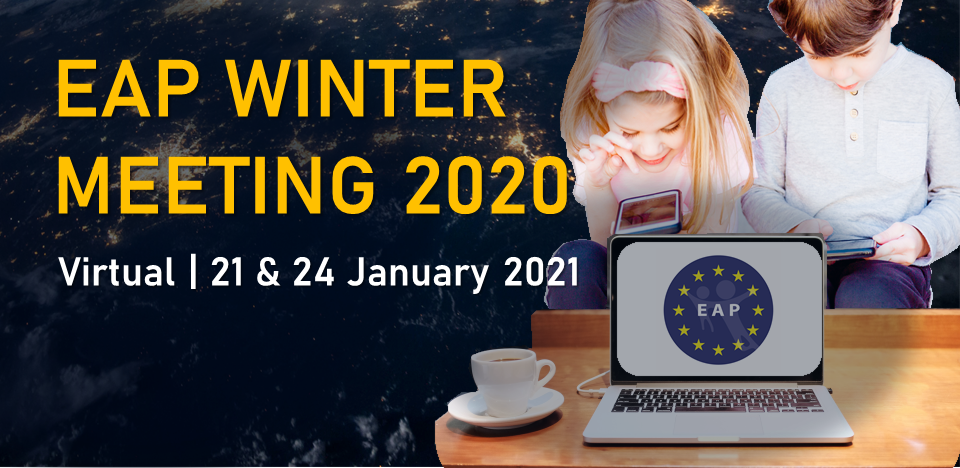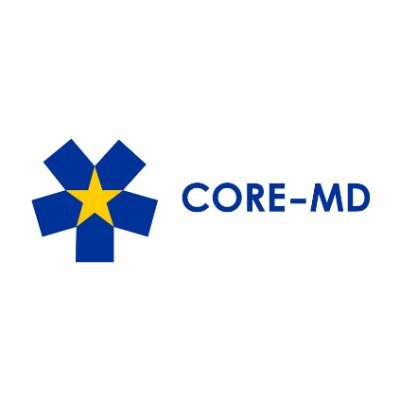EAP WINTER MEETING 2020
January 21, 2021 @ 5:45 pm – January 24, 2021 @ 11:00 am Europe/Brussels

This Event has passed
REGISTRATION IS CLOSED
Please contact the Secretariat at secretariat@eapeadiatrics.eu if you are still interested in joining the meeting.
Join us for an abbreviated, virtual EAP Winter Meeting on Zoom on Thursday, 21 and Sunday, 24 January 2021.

As we move to the end of the second part of the year 2020, many countries inside and outside of Europe face new lockdowns and restrictions with the raging pandemic. 2020 has indeed removed us from our normal routines: tighter controls, nightly curfews, closing of non-essential businesses, distance-learning and social distancing.
Staying connected is one of our strongest ways to get through this. Although we are very disappointed that we will not be able to meet in-person at the Winter meeting in 2020, we will continue to support each
other and connect virtually.
There is no doubt that we all want to improve children’s health, both in Europe and elsewhere in the world. To achieve this, we need to work together, supporting research for children, ensuring that we train doctors and other healthcare workers, and giving a clear voice to children and their parents. The pandemic should not stop us from standing together.
Programme
ProgrammePreliminary Programme EAP Winter Meeting – 2020 Virtual meeting| 21 & 24 January 2021
Thursday, January 21st, 2021
Primary / Secondary Care Councils
Chairs: Dr. Karoly Illy/ Dr. Peter Altorjai
Tertiary Care Council
Chair: Prof. Berthold Koletzko
Sunday, January 24th, 2021
European Board of Paediatrics
Chair: Dr. Robert Ross Russell
EAP – General Assembly
Chair: Prof. Dr. Adamos Hadjipanayis
